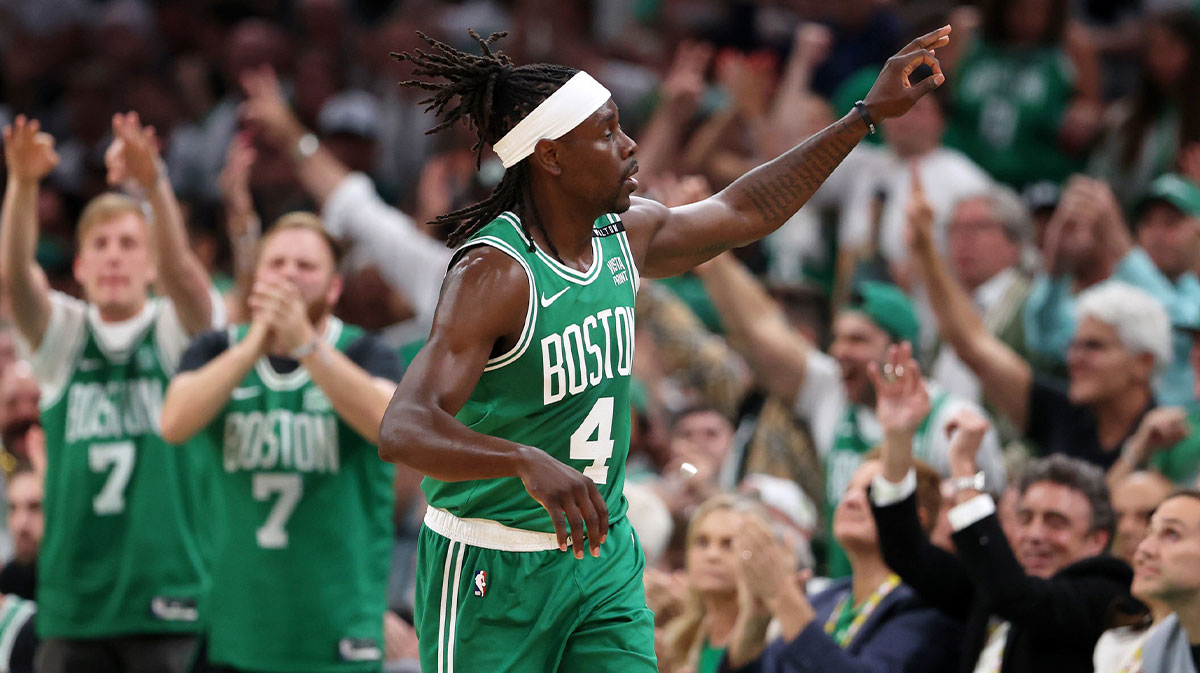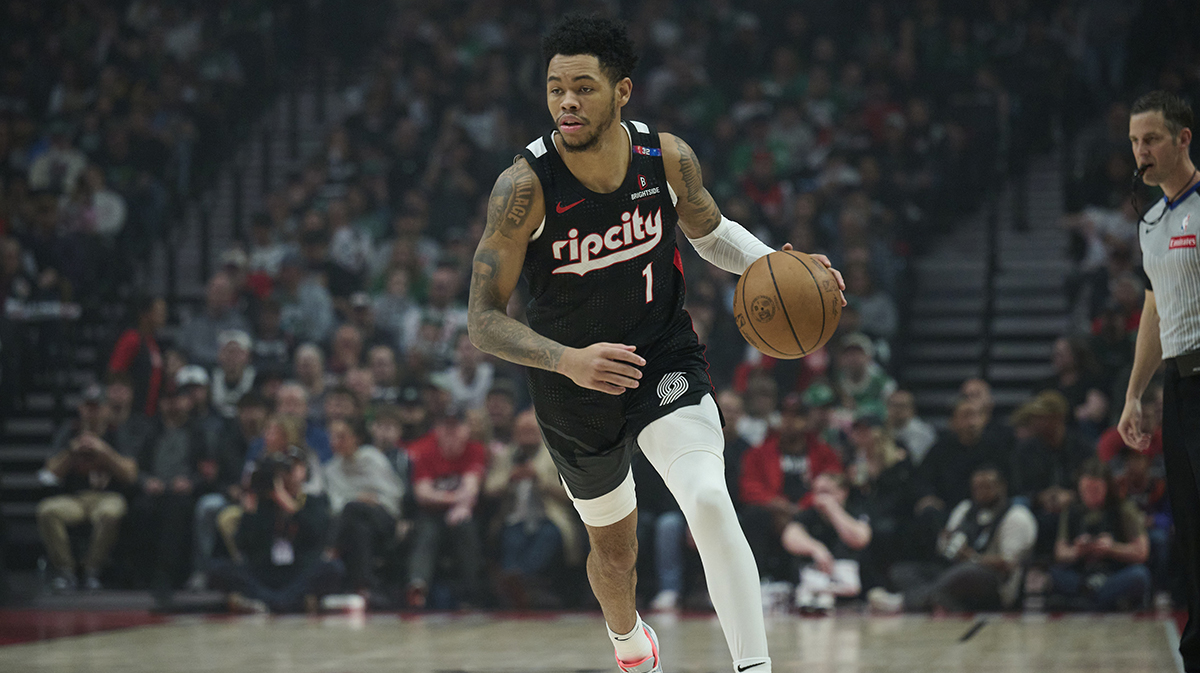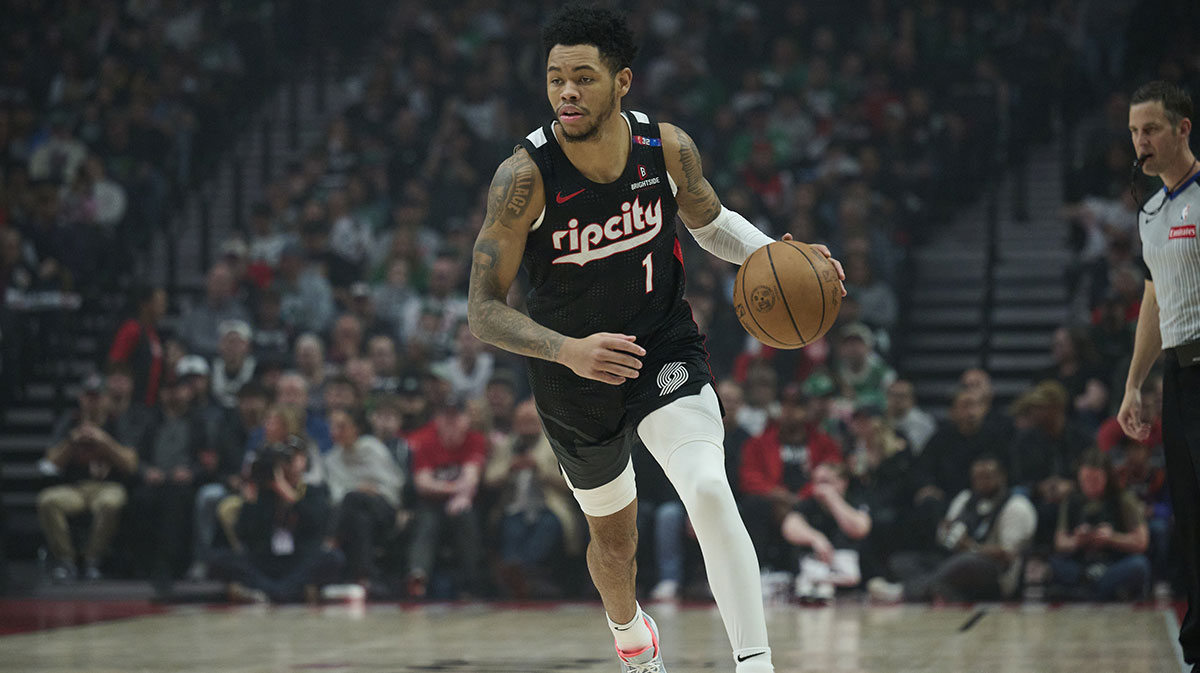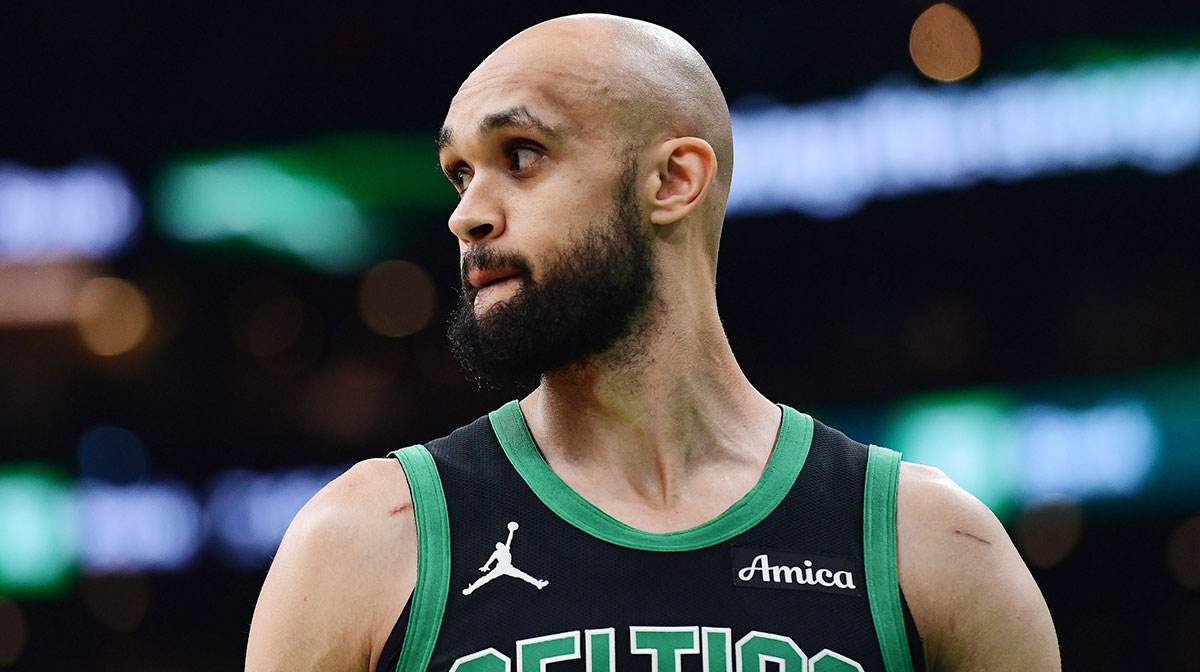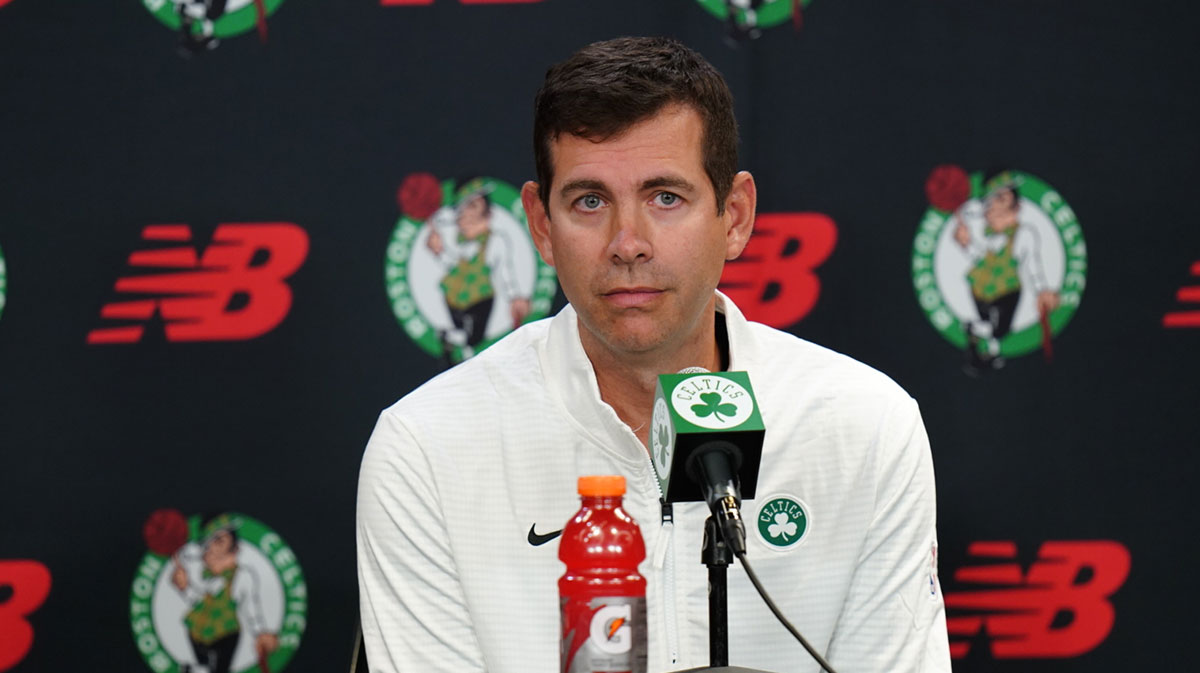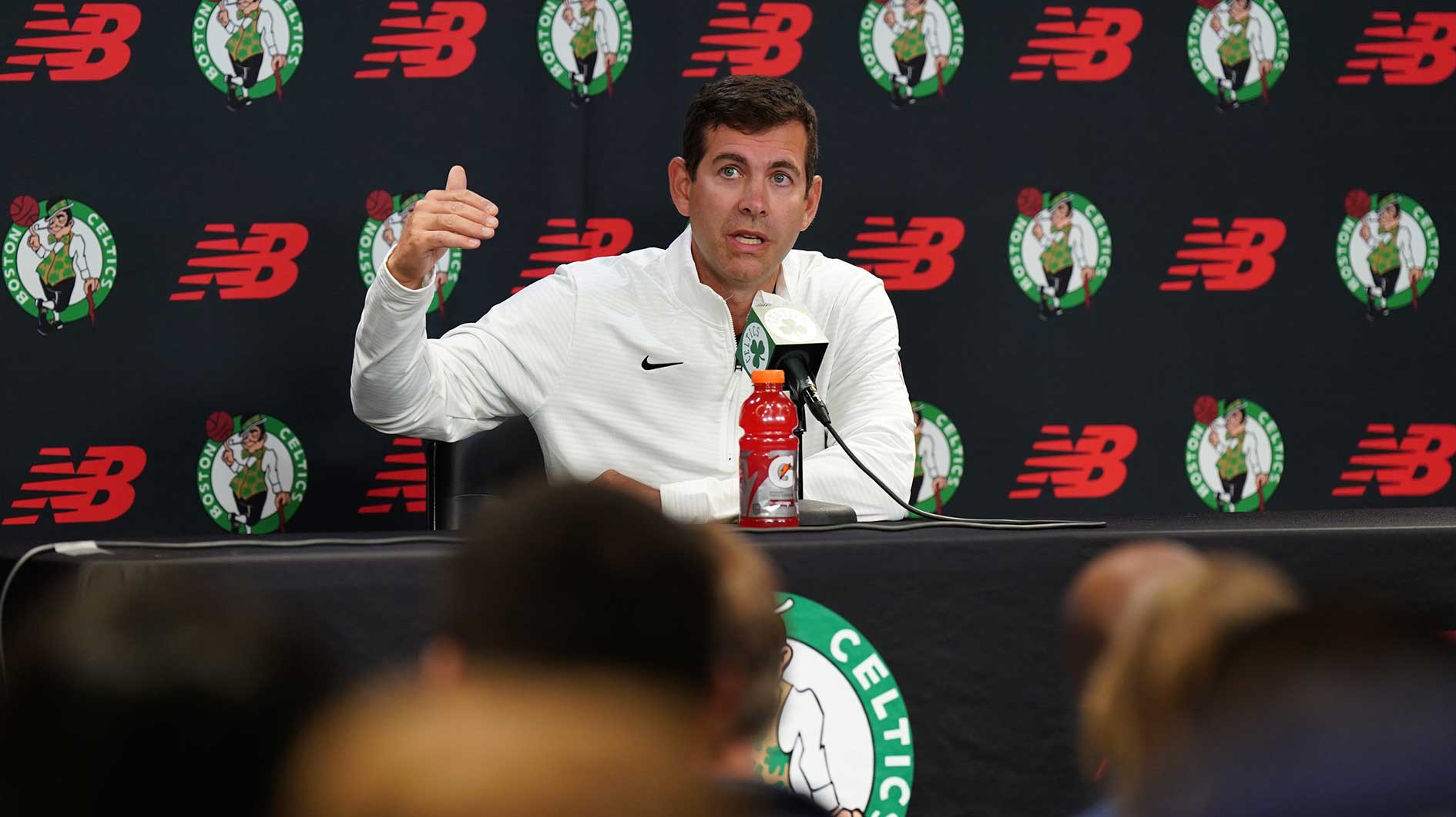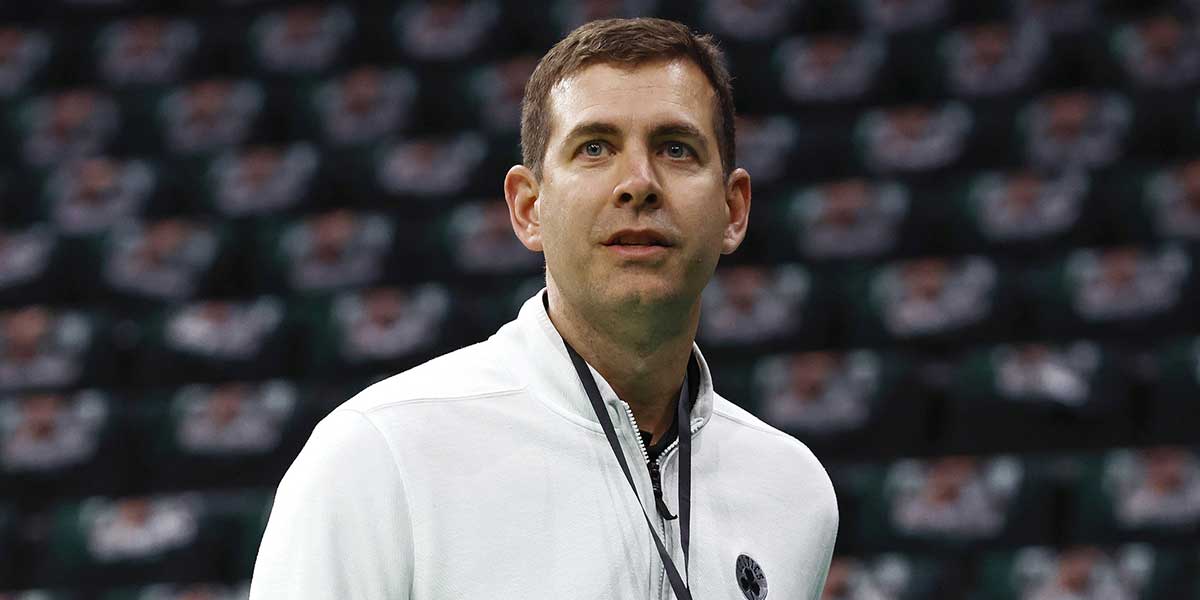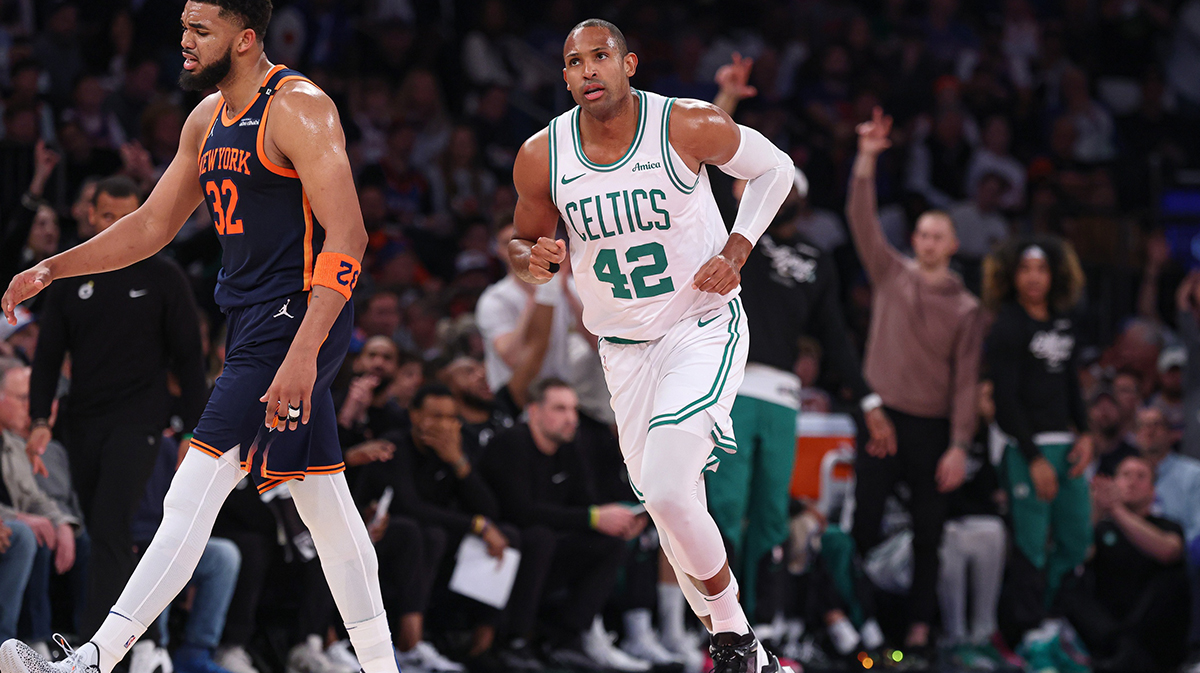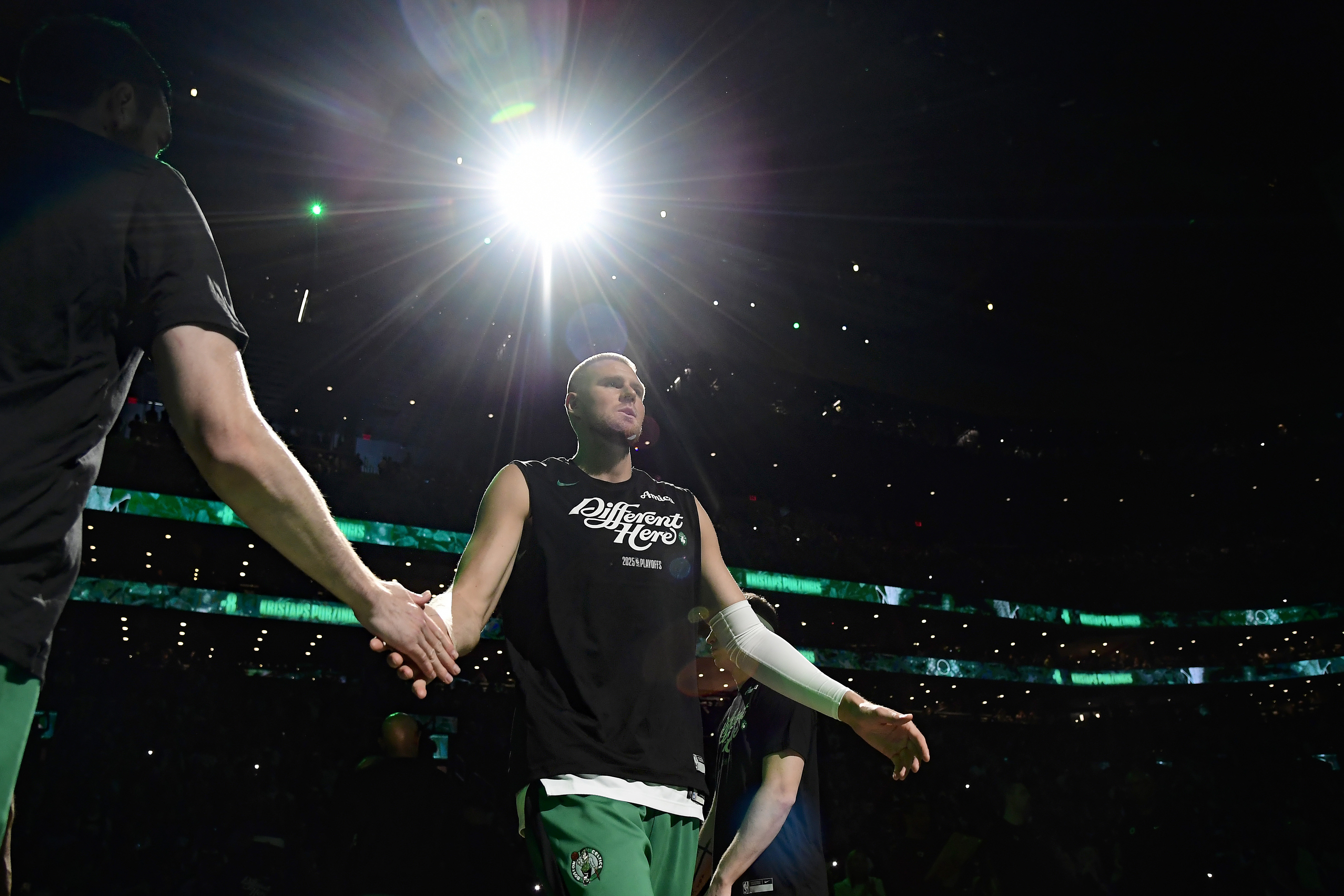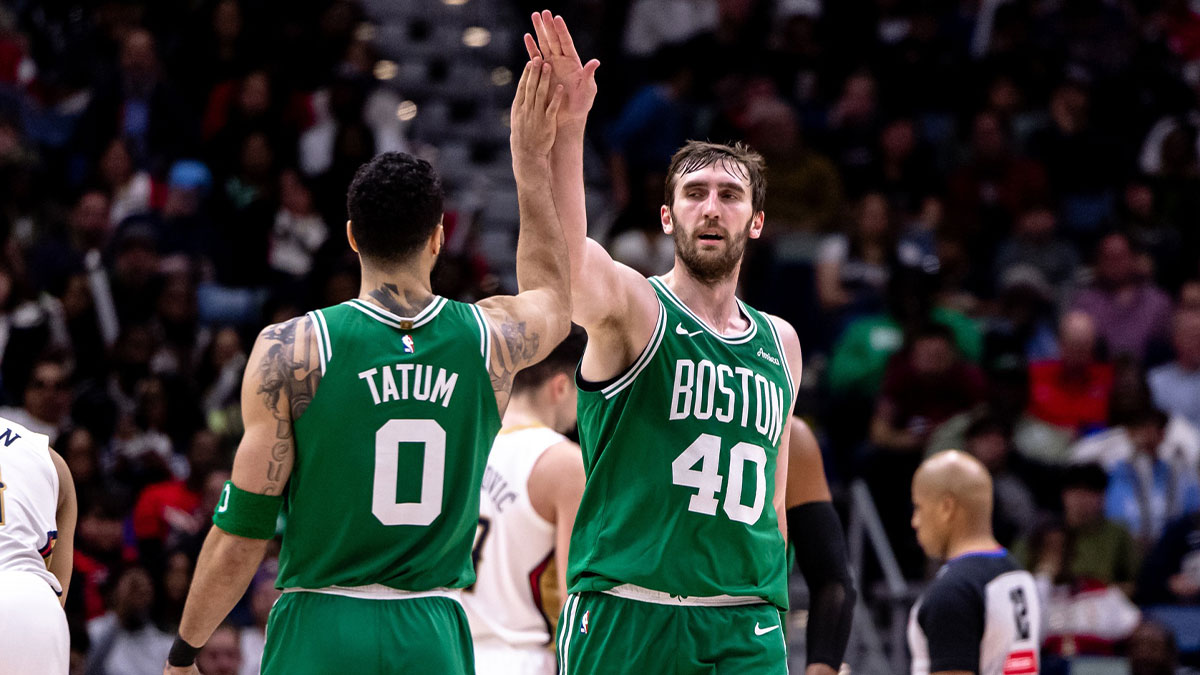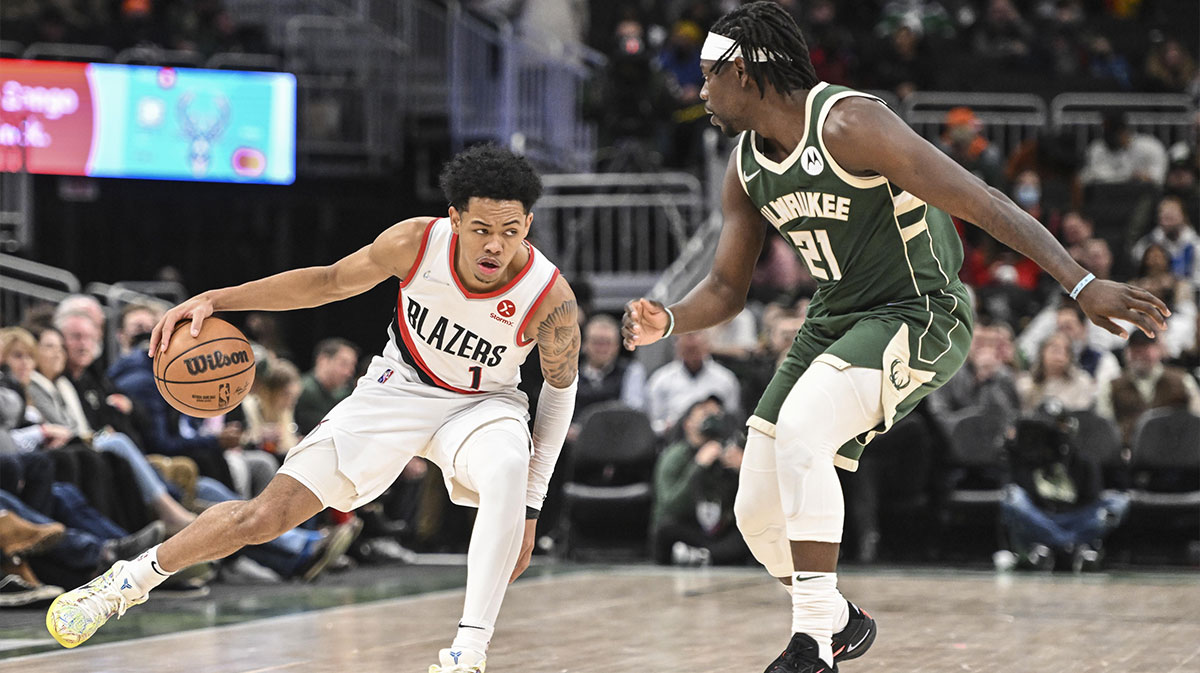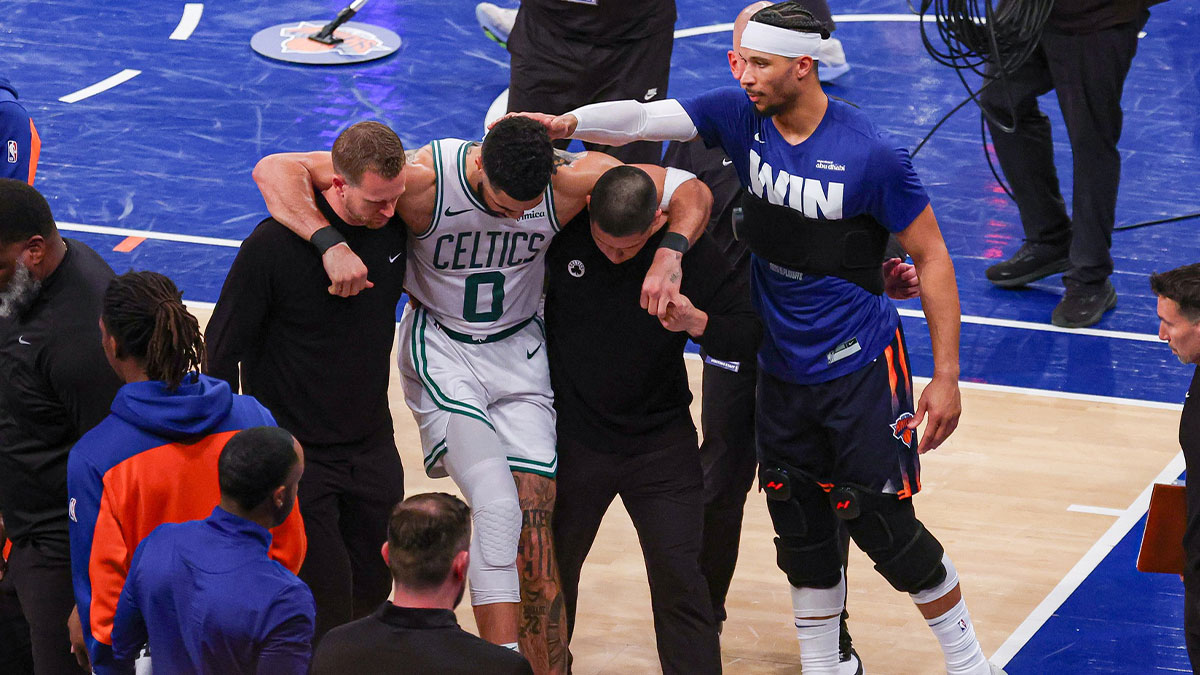Money is flying everywhere in the NBA this offseason. Superstars have been inking contracts that read like a gross domestic product of small Pacific nations. Stephen Curry had a record-setting extension deal with the Golden State Warriors early July, signing a five-year $201 million contract. A week later, James Harden found a gold chest of his own when the Houston Rockets gave him the richest contract in league history worth $228 million over six years.
What has been happening this summer, however, might actually just be a preview for next year’s offseason, when another bunch of superstars hit free agency. LeBron James has one more year remaining on his current contract with the Cleveland Cavaliers and so does Paul George with the Oklahoma City Thunder. Both definitely warrant supermax contracts. But what about Boston Celtics guard Isaiah Thomas?
The NBA is now in an age when seemingly average players like Tim Hardaway Jr. can receive a guaranteed purse of $71 million and walk a free man. Seeing that, Thomas understandably is expecting no less than a max deal, which he’s already made clear.
Isaiah Thomas, asked by @CSNNE about free agency next summer: "I'm a max guy. I deserve the max…my time's coming. Brink's truck." #Celtics
— Adam Kaufman (@AdamMKaufman) July 8, 2017
Thomas isn’t entirely being unreasonable in subtly pressuring his agent to land the diminutive guard a heavyweight contract next year. After all, he’s coming off the best season of his career by putting up 28.9 points per game on 46.3 percent shooting from the field. He was the biggest reason why the Celtics surprisingly became the No. 1 seed in the Eastern Conference and were able to repel the Washington Wizards in the second round of the playoffs to somehow find a way to see the light of the conference finals.
Being lethal on offense remains a fantastic leverage for players looking to hit pay dirt and Thomas is surely going to use that reasoning to the hilt at the negotiation table. But if he’s looking for a supermax deal, he’ll likely have to hope the people his agents would talk to would receive the idea of paying a defensive liability a ton of money as a bright long-term investment.
Thomas might find plenty of teams willing to overlook his size and suspect defense just to get a player who’ll guarantee them 25 points per game and a proven clutch performer. Last season, the Celtics scored more when Thomas was on the floor than when he’s not, and while opponents put up more buckets when he’s seeing action than when he’s on the bench, the team’s net points per 100 possessions in Thomas’ on-court/off-court metrics is +4.8. There’s one number, however, that could dampen those aforementioned stats: 29.
Thomas is going to be 29 by the time he becomes a free agent and 29 is a bit old in basketball years. Putting Thomas in the book for big money over a few years could haunt a team if he starts to slow down. There’s a reason why you don’t see a lot of 30ish sub-six-foot players in the league — let alone those making $25 million a year — because being old and small in the NBA almost amount to a career death sentence. And in just a few years, Thomas would be one.


